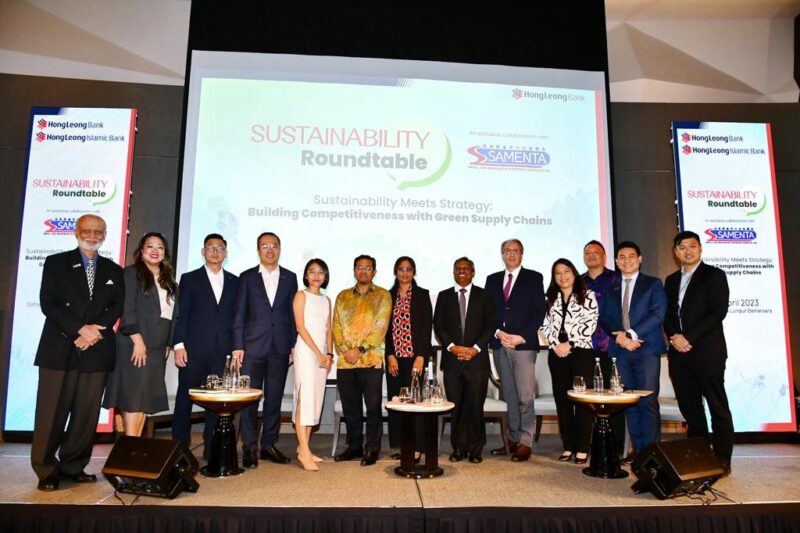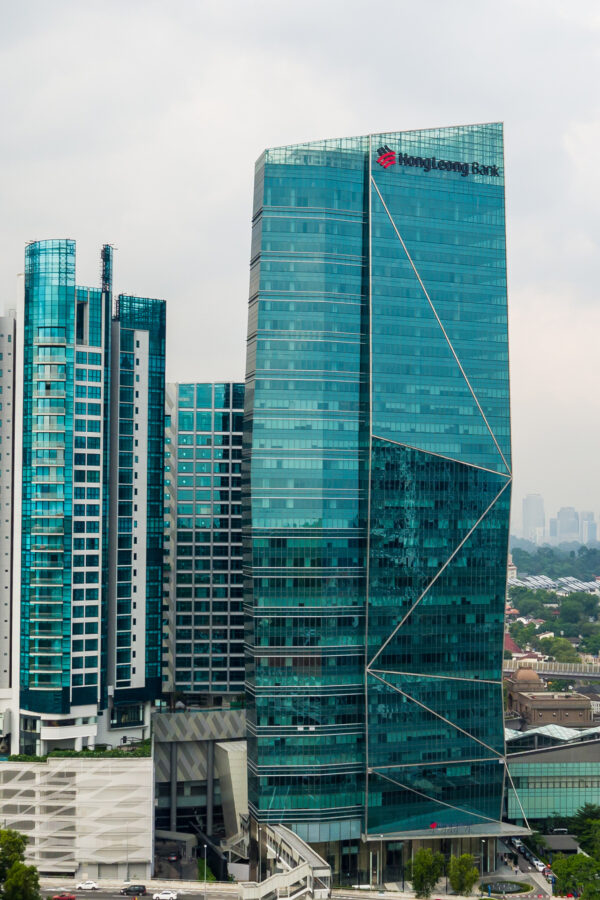
This site
is mobile
responsive

HLB SME Banking conducts regular sharing sessions between the SME industry, sustainability experts and relevant stakeholders, assisting the industry in staying updated on ESG matters.
In a world where conditions are uncertain and organisations are abundant yet ephemeral, organisations such as small and medium enterprises (SMEs) need to start future-proofing their businesses to safeguard their resources and ensure longevity. One of the major ways to do this is by embracing sustainability.
Sustainability is the ability to exist and develop without depleting natural resources. For SMEs, this means operating and earning a profit without compromising access to resources and doing business in the future. As the threat of climate change and the effects of global warming intensifies, organisations must strive for a cleaner, healthier future for decades to come.
As governments establish ESG guidelines and enforce ESG disclosures, sustainability eventually shapes business strategies and is woven into mission statements, company values, and daily operations. Non-ESG-compliant corporations face increasing external pressures, including embargoes and heightened barriers to capital or financing.
Besides ensuring compliance with industry regulations, ESG practices help businesses lower carbon emissions, reducing waste and energy usage — effectively lowering operating costs. Proven to uphold brand reputation and enhance customer satisfaction, ESG is regarded by three (3) out of five (5) Malaysian SMEs as vital for building a strong workforce, expanding business opportunities, and generating lasting value for stakeholders, according to a recent survey.
Fully embracing sustainability and ESG transformation is challenging for businesses, especially SMEs with limited resources. Challenges include emission calculations, staying updated on trends, and integrating ESG practices. Creating greener supply chains and logistics necessitates time, resources, and strategic planning, making the prioritisation and implementation of sustainability policies harder for SMEs already grappling with staffing shortages and budgetary restrictions.
In its continuous efforts to help SMEs future-proof their businesses and integrate ESG practices into their operations, aligned with its core value of being “Built Around You”, Hong Leong Bank (“HLB” or “The Bank”) offers arrays of financial products and services tailored to support SMEs’ sustainability transformations. This includes a financing scheme, the BNM Low Carbon Transition Facility (LCTF), by HLB supports SMEs in their adoption of sustainable, low-carbon practices—facilitating certifications, promoting usage of sustainable materials, enhancing energy efficiency, and installing on-site renewable energy generation equipment. Besides that, HLB also organises the Sustainability Roundtable as a platform to engage SME and corporate clients through a sustainability transformation conversation. This platform aims to raise awareness and drive change in SMEs embracing sustainability best practices and addresses key challenges in adopting ESG-compliant operations. SMEs are welcome to participate in HLB’s future sustainability events to gain skills, expand networks, and stay abreast with industry-standard ESG conventions and trends.
Malaysian SMEs, contributing 38.2% to the 2022 national GDP, play a vital role in realising Malaysia’s sustainability goals. Successfully navigating operational changes and adopting eco-friendly practices is achievable with strong support networks, heightened awareness, and accessible financing from government and financial institutions.
For more information on Hong Leong Bank’s green financing and sustainability products, please visit https://www.hlb.com.my/en/personal-banking/about-us/sustainability.html.
